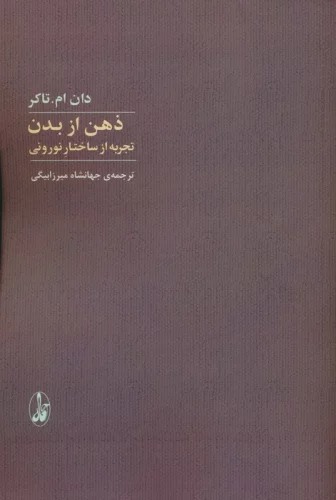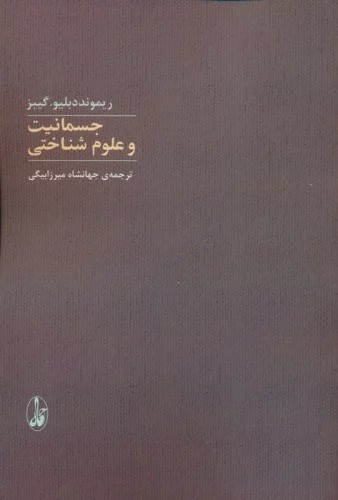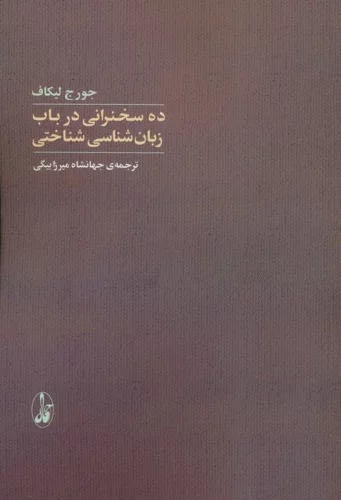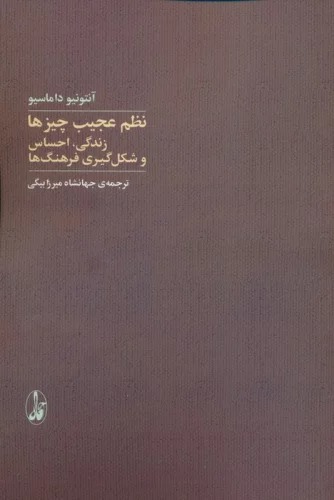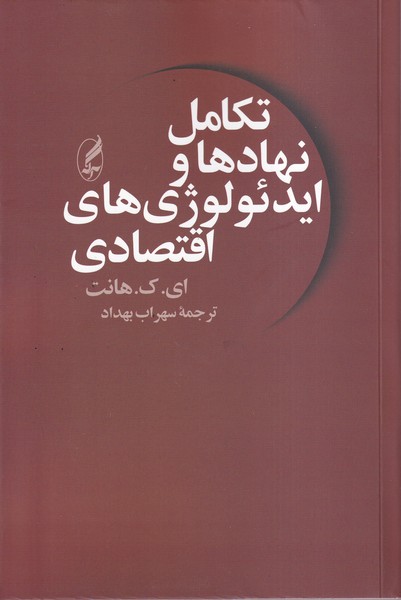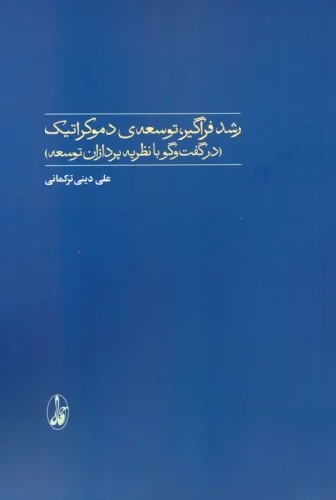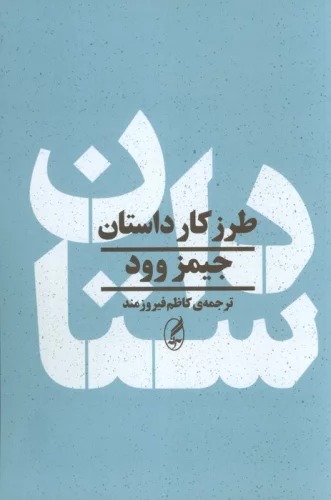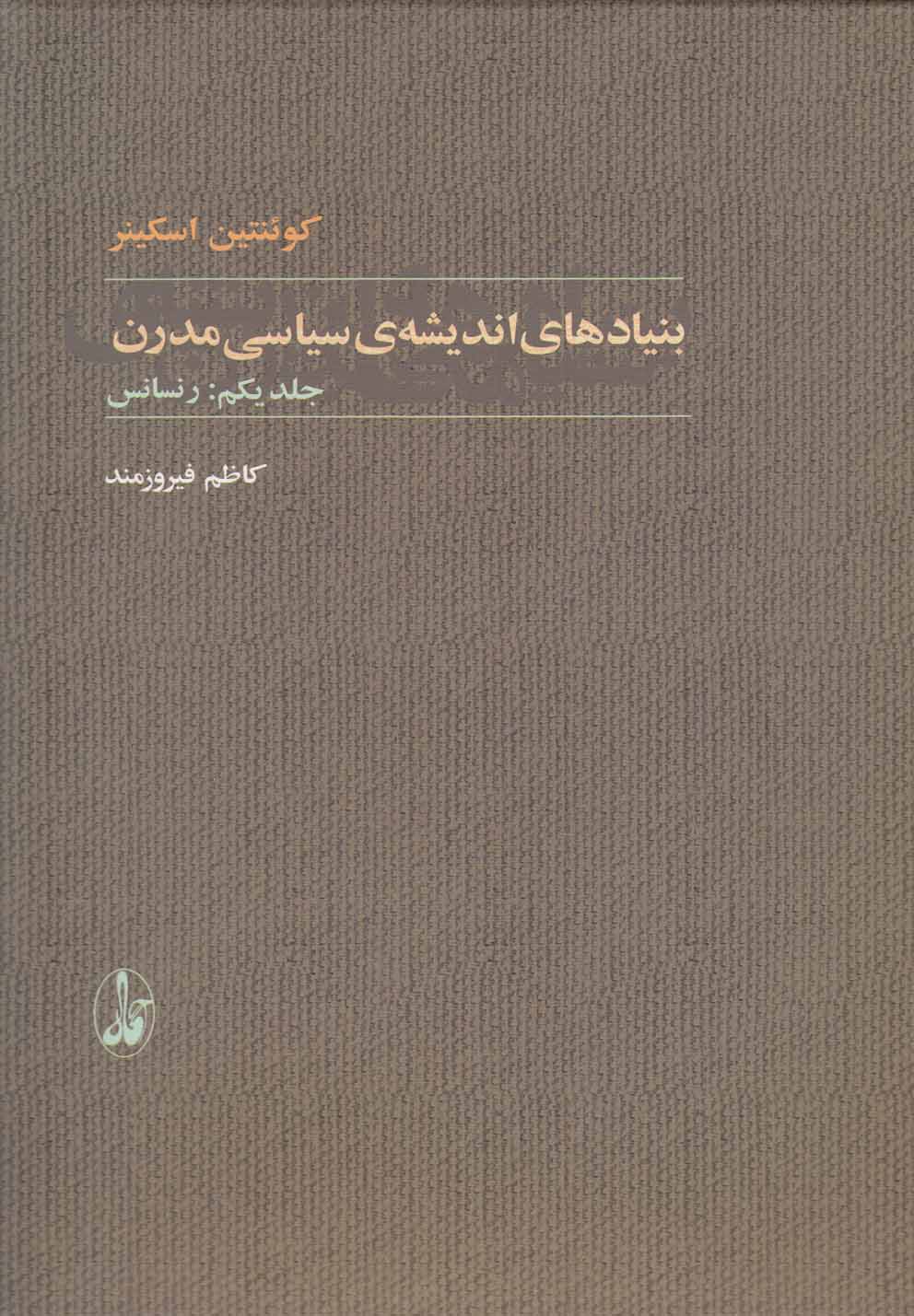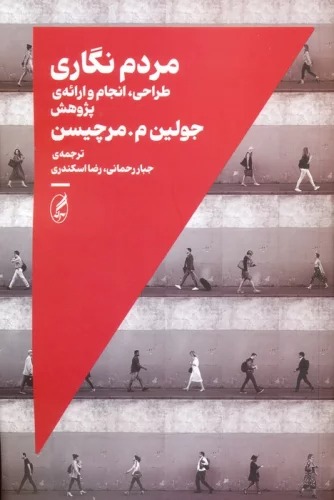Zihn az Badan: Tajrubah az Sākhtār-i Nurunī: Persiska (Farsi) 1403
ذهن از بدن: تجربه از ساختار نورونی
12,85 £
Dela
Wishlist
Originaltitel:
Mind from Body: Experience from Neural Structure
ISBN:
9789644164729
Översättare:
Jahānshāh Mirzā'baygī
Förlag:
Agah
Åldersgrupp:
Vuxen
Sidor:
432
Vikt:
374 g
Produktmått:
14 x 21 x 4 cm
Bokomslag:
Pocketbok
Although we no longer live in the relative simplicity of the Jurassic age, and even though we are not aware of it, a primitive mammalian brain that developed in that era still lives inside our skulls and remains crucial to our daily functions. The challenges we face today in the information age--how to process the vastly greater, more varied and quickly changing inputs we receive--are very different from those that our ancestors faced during the Jurassic age. As we struggle to process overwhelming amounts of information, we may sometimes ask whether our brains can change to help us adapt. Our brains have always changed gradually, so the questions we should ask are really how our brains will change, and whether we will be able to take full advantage of the changes, perhaps even enhance them, to help us keep up with the accelerating evolution of machines. To understand how our brains will change, we need to understand how they evolved in the first place, as well as how
the interactions of the resulting brain structures, including the relics of primitive mammalian and even reptilian processes, influence how we think and act.
In Mind from Body, Don Tucker, one of the most original thinkers about organic information processing, provides a fascinating analysis of how our brains have become what they are today and speculates intriguingly about what they could be tomorrow. He presents important research that explains how personal experience creates the emotional and motivational bases of each of our thoughts, even though we are usually not aware that it is happening. Tucker shows that in exploring how these bodily thought processes still determine how we react to the world and make decisions, we can become more rational in our actions, free ourselves from fruitless or even self-destructive patterns of behavior, become more efficient, and perhaps even wiser. By combining the most up-to-date scientific thought and hands-on experimental results, expressed clearly and compellingly, along with a story of hypothetical decision-making, Tucker explicates what is happening behind our thought processes as our minds
struggle to maintain the pace of the information age.
more
اگرچه ما دیگر در سادگی نسبی عصر ژوراسیک زندگی نمی کنیم، و حتی اگر از آنها آگاه نیستیم، مغز پستانداران بدوی که در آن دوران رشد کرده بود، هنوز در داخل جمجمه ما زندگی می کند و برای عملکردهای روزانه ما حیاتی است. چالشهایی که امروزه در عصر اطلاعات با آن روبرو هستیم - نحوه پردازش ورودیهای بسیار بیشتر، متنوعتر و سریعتر در حال تغییر که دریافت میکنیم - بسیار متفاوت از چالشهایی است که اجداد ما در دوران ژوراسیک با آنها مواجه بودند. در حالی که ما برای پردازش مقادیر قابل توجهی از اطلاعات تلاش می کنیم، ممکن است گاهی بپرسیم که آیا مغزمان می تواند تغییر کند تا به ما در سازگاری کمک کند. در واقع، مغز ما همیشه به تدریج تغییر کرده است، بنابراین سؤالاتی که باید بپرسیم این است که واقعاً چگونه مغز ما تغییر خواهد کرد و آیا ما قادر خواهیم بود از این تغییرات نهایت استفاده را ببریم، شاید حتی آنها را تقویت کنیم تا به ما کمک کند تا با تغییرات همگام شویم. تسریع تکامل ماشین ها برای درک اینکه چگونه مغز ما تغییر خواهد کرد، باید بدانیم که چگونه آنها در وهله اول چگونه تکامل یافته اند
فعل و انفعالات ساختارهای مغزی حاصل، از جمله بقایای فرآیندهای پستانداران اولیه و حتی خزنده ها، بر نحوه تفکر و عمل ما تأثیر می گذارد.
در ذهن از بدن، دان تاکر، یکی از اصیل ترین متفکران در مورد پردازش اطلاعات ارگانیک، تجزیه و تحلیل جالبی از چگونگی تبدیل شدن مغز ما به آنچه امروز است ارائه می دهد و به طرز جالبی در مورد اینکه فردا چه چیزی می تواند باشد، حدس می زند. او تحقیقات مهمی را ارائه میکند که توضیح میدهد چگونه تجربه شخصی پایههای عاطفی و انگیزشی هر یک از افکار ما را ایجاد میکند، حتی اگر معمولاً از وقوع آن آگاه نیستیم. تاکر نشان میدهد که در بررسی اینکه چگونه این فرآیندهای فکری بدنی هنوز نحوه واکنش ما به جهان و تصمیمگیری را تعیین میکنند، میتوانیم در اعمال خود منطقیتر شویم، خود را از الگوهای رفتاری بیثمر یا حتی خود ویرانگر رها کنیم، کارآمدتر شویم، و شاید حتی عاقل تر تاکر با ترکیب به روزترین افکار علمی و نتایج تجربی عملی، که به وضوح و قانع کننده بیان شده است، همراه با داستانی از تصمیم گیری فرضی، آنچه را که در پشت فرآیندهای فکری ما در ذهن ما اتفاق می افتد توضیح می دهد.
تلاش برای حفظ سرعت عصر اطلاعات
more

